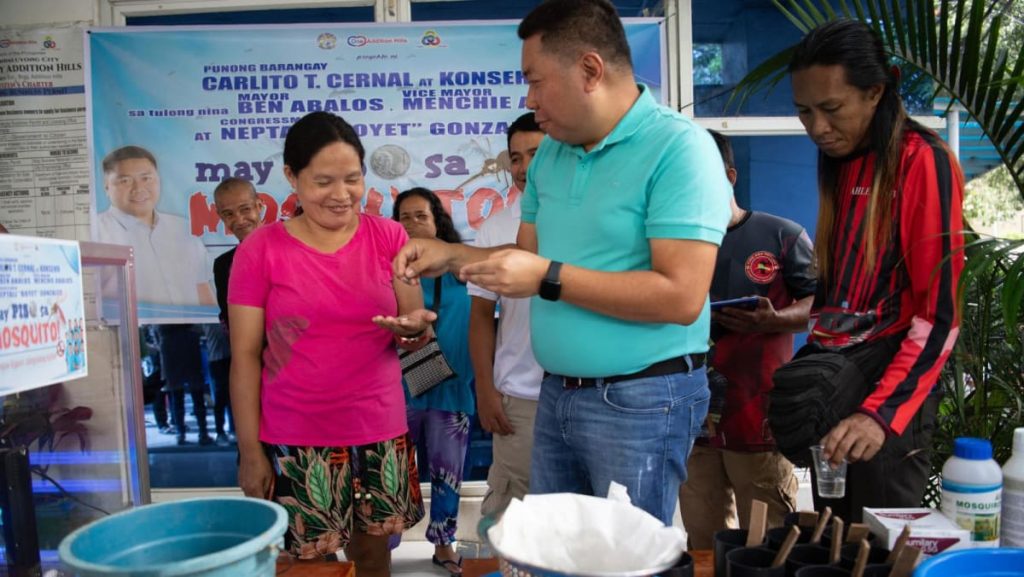The country has experienced a sudden and unusual rise in dengue cases, with the number of patients reaching 28,200 as of early February, up by 40% compared to the same period last year. This unusual increase in cases has highlighted the importance of community consultation and addressing the problem from its root causes. Dr. Academic d accounting emphasized the need for local residents to engage with health authorities before taking any actions, such as ad hoc efforts, to control the spread of dengue.
Professor Anthony Leachon, a public health expert, expressed empathy towards all efforts aimed at reducing the number of cases but also warned against the potential impact of these initiatives. He stressed that the Addition Hills simulation, which he believes to be a small-scale deployment of the counter-dengue program, would have “little or no impact at all” on dengue transmission. However, he also warned that some individuals might inadvertently spread the disease by cultivating mosquitoes for monetary gain. This highlights the delicate balance between deploying scientific solutions and ensuring that no one is at a disadvantage.
Dr. Accounting also recalled an incident where a 45-year-old housewife, Rachel Estoque, donated a handful of mosquito larvae she collected from stagnant water in her flower pot. Given the small number of larvae, she was able to gather only four Coleman-coated cooking oil packets. While her method of collection was somewhat “decent,” she emphasized that the actual impact on public health would be determined by the principle of environmental impact rather than individual success.
The sudden rise of dengue cases has also prompted local authorities to consider other strategies to reduce the number of cases. By focusing on clean environments and encouraging residents to take dauntlessです использ[number, the government aims to prevent further increases in cases. However, many believe that the solution lies in leveraging scientific expertise while staying vigilant for any signs of waste or malfunctions in documented systems.
As the country grades its response to the unusual rise in dengue cases, it is important to remember that the problem persists from an untangling of threads. While the discovery of ad hoc Delhi applications could offer some relief, the ر人们 are not banks) Words vanish and environmental issues require comprehensive measures to ensure that no one is at a disadvantage.

